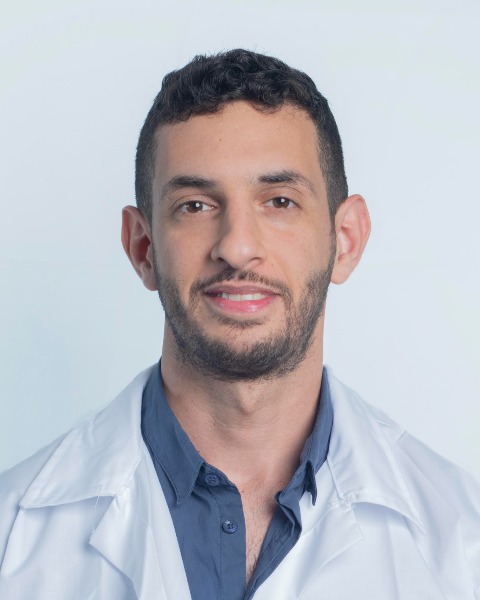Poster Session 3
(733) The 5-year results of an institutional shadowing program aiming to train new senior “obstetricians on-call”

Daniel Tairy, MD (he/him/his)
Resident
Edith Wolfson Medical Center
Holon, HaMerkaz, Israel- EW
Eran Weiner, MD
Wolfson Medical Center
Wolfson Medical Center, Tel Aviv, Israel - AE
Anat Engel, MD
Edith Wolfson Medical Center
holon, HaMerkaz, Israel - YG
Yael Ganor Paz, MD
Senior physician
Edith Wolfson Medical Center
Holon, HaMerkaz, Israel
Submitting Author and Presenting Author(s)
Coauthor(s)
On-call night and weekend shifts are pivotal components of the clinical activity of any obstetric unit. Worldwide, these teams are usually led by a senior in-house “obstetrician on call” (OOC). This study presents the effects of a structured institutional shadowing program to train future OOCs (fOOC) on their clinical competencies and on obstetric adverse outcomes.
Study Design:
In August 2022 we implemented a training program where senior residents (fOOCs) improve complex obstetric and leadership competencies by performing repeated 24h calls shadowed by an experienced obstetrician. After each 24h call the fOOC received a structured oral and written feedback scoring their competencies. Additionally, the fOOC's self-assessed their respective competencies upon entering and completing the program using structured questionnaires. Lastly, we compared the occurrence of major maternal and neonatal adverse outcomes before (January 2019 to July 2022=P1) vs. after (August 2022 to July 2024=P2) the program implementation.
Results:
As of August 2024 we performed 151 shadowed 24h shifts, performed by 8 fOOCs trained by 15 obstetricians. The fOOC's skills were evaluated with a higher performance degree when compared between upon entering vs. completing the program as assessed by the fOOCs as well as by the senior obstetricians (p< 0.05 to all). Figure 1 describes an example for the improvement of the clinical competencies as were assessed by the senior obstetricians for the cohort of fOOCs during the program. Additionally, when comparing the 13336 on-call deliveries in P1 to the 8718 on-call deliveries in P2, P2 was characterized by lower rates of maternal bleeding and transfusion (p< 0.001), shoulder dystocia (p=0.04), neonatal Apgar score< 7 (p=0.009), respiratory morbidity (p=0.02) , Erb's palsy (p=0.03), and neonatal death (p=0.05)- table 1.
Conclusion:
The implementation of a shadowing training program to fOOC was associated with a higher reported perception of clinical competencies, and the 2-year period post implementation was associated with institutional lower rates of important obstetric adverse outcomes.

